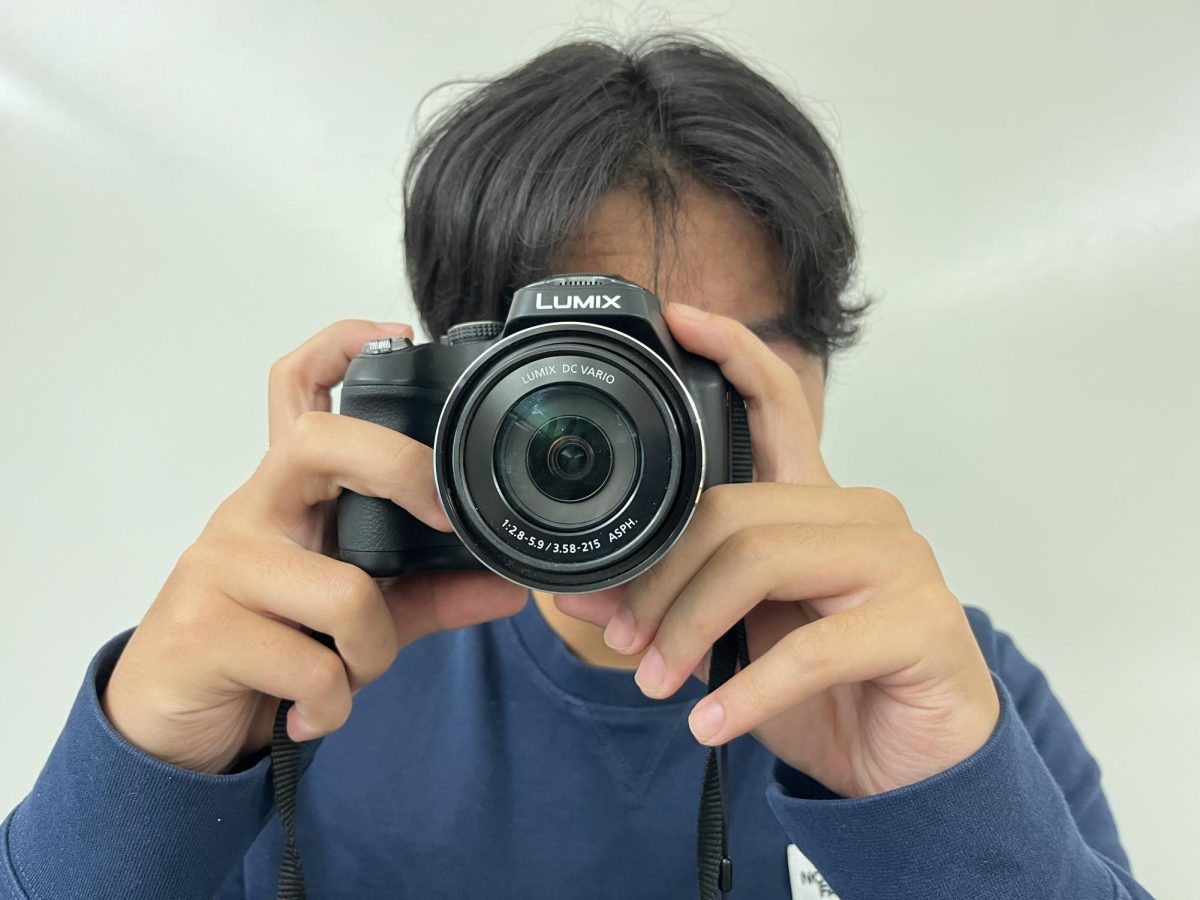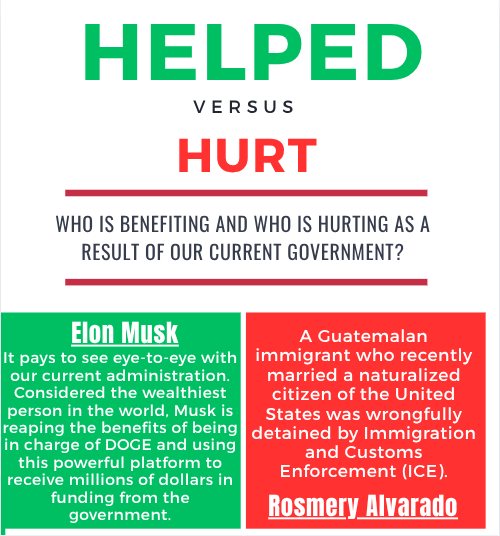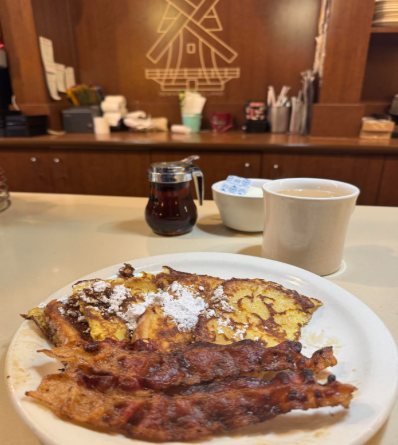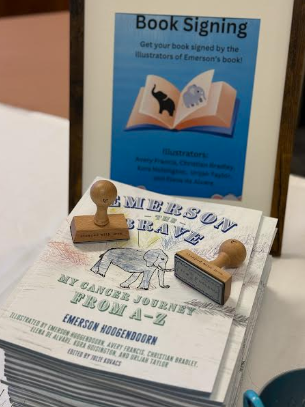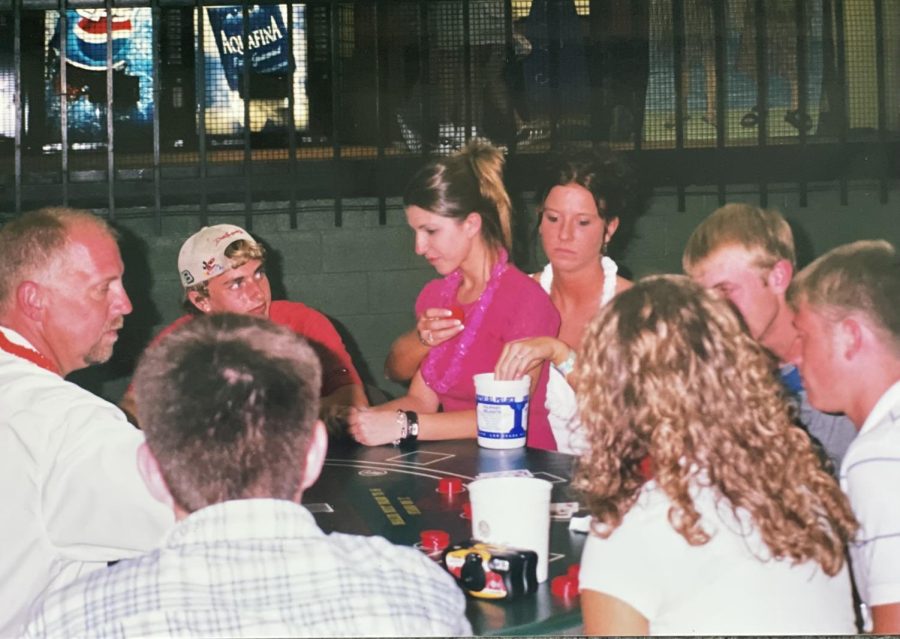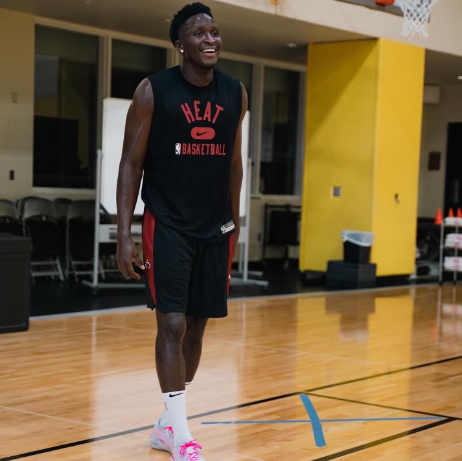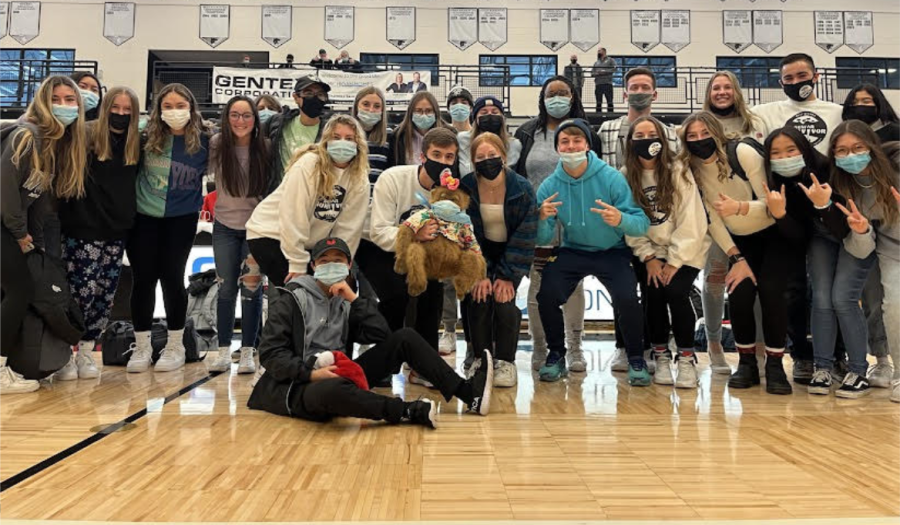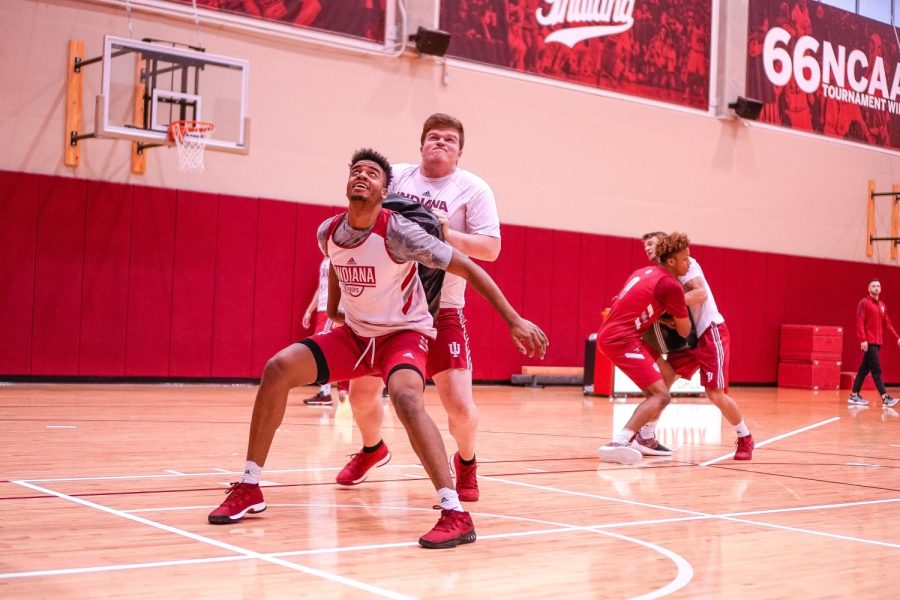“As we speak tonight,” President Donald Trump said in his speech, “we are removing gang members, drug dealers, and criminals that threaten our communities and prey on our innocent citizens.” March 1, 2017.
It was 5 o’clock Saturday evening when I met with her. She wrapped me in a warm, welcoming hug, even though we’d never met before. It wasn’t awkward at all. JP’s was packed, the comforting smell of coffee and the sound of the espresso machine filled the air; busy students took all the seats, despite the fact that it was spring break for most college students.
“Jessica?” the barista called. A shadow of a smile crossed her face. She picked up her chai latte and came back to our spot. Setting her mug next to mine, she took a picture and asked for my instagram username.
WO Alumni, Panther Award winner of 2014, and full ride scholarship recipient for Western Michigan University, Yessica Garcia, had just come back from WMU for spring break. Usually she’d be coming to see her family, check up on things and chill out. Usually, her family wouldn’t be in Mexico, when they were living in America just a few weeks prior. That was the usual.
This week, however, wasn’t the usual. Her entire family is in another country, thousands of miles away from the place they’ve called home for 14 years. The Garcia family raised their children here – three out of the four of them were born in America, excluding Yessica, who came to Holland when she was four years old. Her story was told to the entire high school on convocation day, 2014, by Principal Todd Tulgestke:
“This story begins with the young girl sitting in the back of her father’s car on her first day of kindergarten. She was not on the school bus that morning because her parents did not know how to enroll her in school. Her father wanted her in school, so he did the only thing he knew how and followed the first big yellow bus that he saw. After a few stops, the bus driver got out and asked the young father, “Why are you following the bus?” He did not speak English and could not answer. He just knew that he wanted his daughter in school.”
Yessica’s entire family was so proud of her for what she accomplished – it was no small feat, she was the first in the family to even consider going to college, and on top of that, she didn’t even begin to consider it until her junior year, which is later than most high school kids at West Ottawa. Yessica beat all the odds that were against her and earned a full ride scholarship to WMU, one that 800 students applied for and 20 were awarded.
“College this, college that, college application week, college acceptance letters turned into the principal’s office. College announcements, one after the other… Near the beginning of her junior year, everyone at school began to ask her about her college plans. She felt like she had to have an answer, so she said ‘I want to go to Hope College.’ it was not true, but it got all the college crazies off her back. The plan was working for her until something magical happened – after being bombarded with this college-going message, the girl started to think ‘why not me?’”
Though Yessica and her family had some challenges while living in Holland, they were always happy together. Her father grew up in Mexico with eight siblings in a one room, dirt floor house. Moving to America brought luxury he had never seen – a car, a roof, running water, electricity, carpeting, beds. Though Yessica, her parents and her siblings all shared one room, it was all her father dreamed for – his daughter would be able to attend a good school and have multitudes of opportunities that she never would’ve been given back home, in Mexico.
His family wasn’t in danger. They were safe, and they were able to work and contribute to society and the economy. “Every day, since I was little, they worked out in the fields, out in the nurseries, and that was rain or shine; storming, lightning, whatever. It was horrible conditions. They worked really long hours, they were outside, every day since I was little,” Yessica said. “They weren’t even looking for citizenship. Not even residency – all they wanted was a permit to allow them to work, to allow them to get their license. It’s contributing to the economy, contributing to society and that’s it… Who doesn’t want that?”
Then a new presidency emerged, as they always do, and the hope that had been brewing in the Garcia family was suddenly dried up. The Garcias heard tell of mass deportation on all the news stations, government officials convincing the American public that immigrants were all criminals; they knew it was not going to cease anytime soon. For many who weren’t white citizens, fear was becoming a normal feeling throughout the course of the day.
Living a normal life while being an immigrant is near impossible – and it’s not unintentional: “My parents, back in the day when they first came, they got their driver’s license and everything, but the laws started changing and becoming more strict so not only were they unable to get a new license, they couldn’t renew the one that they already had. So it’s like, how can they drive if they’re not given the opportunity to get a license?” Under our new government, it’s just getting harder and harder for people to renew and certainly obtain any permits to stay in the U.S. Some Americans think this is a good thing; we’re “keeping out the criminals,” yet Yessica’s parents were not “gang members, drug dealers, and criminals that threaten our communities and prey on our innocent citizens.” They were making positive contributions to the Holland community.
The one thing Yessica’s dad felt he could do was to take the kids and leave: the most basic parental instinct is to protect their young. Yessica came home from WMU one weekend and “everything was in boxes…” this was when they informed her that her father and three sisters were to depart back to Mexico the next morning.
Her mom, however, stayed behind. They had a home, cars, bills and court dates that needed to be attended to. She was staying with a friend when, according to Yessica, the door got busted down by ICE (Immigration and Customs Enforcement) and she was taken back to Mexico, too. Yessica’s mom was charged with identity fraud. Without the fake social security number, “She wouldn’t have been able to do anything (work, drive, etc.)…” Yessica said. It’s not like Yessica’s mom made the social security number to steal money and ruin someone’s life, she did it to have a way of life for herself and her children. It wasn’t malicious – this action was a mother protecting her children in the only way she knew how.
Her worst fear became a reality, just one week after her husband and children crossed the border. It was intentional that they left earlier – both mom and dad knew that they could go home by choice or by force, and the children certainly did not need the memory of being dragged away from their home, like ICE did to her mother.
Now, Yessica is alone in America. Her entire family left, and left everything behind, unfinished. “I’m trying to figure out what I’m gonna do… I have to cancel bills, all these things, probably sell the cars and send them the money,” Yessica said.
For Yessica, she’s more worried about her younger sisters than anything. Being 12 and 14 is hard as it is, and they were both plucked out of their home, taken away from their friends and ejected into a new world. “My sisters speak Spanish, they speak the language, but one thing is to speak the language and another is to have all your textbooks, have all your classes [in Spanish] and be exposed to another culture. They were born here, they were raised here; they don’t know my cousins, they don’t know my grandparents. It’s our family by blood but they don’t know them.”
While Yessica’s three younger sisters are American citizens, the same cannot be said about her and their parents. This means that the three younger siblings are free to come back, but as Yessica said, “This has changed their lives already dramatically. They’ve changed their education, their future, whereas they could’ve finished high school here, finished college here, gotten a job here, and now they might not.” Her sisters, after they turn 18, have full right to come back and begin anew in the U.S., but the change would be tough for anyone having to leave their parents behind in another country.
For their parents, “There is no path. And not just my parents, it’s like this for many people that I know. There is no path to citizenship for them. If there was, they would’ve taken that 17 years ago.”
Yessica Garcia beat all the odds that were against her, and the world gave her no breaks or handouts while she was beating them. Alone in America, Yessica is hopeful that she will be able to earn her degree, but knows that her permit can be taken away at any time. Yessica is not a criminal. Her parents did not come here illegally. “There’s a reason you move away from something that’s bad to somewhere better. But you can never get the best.”


